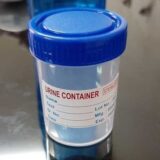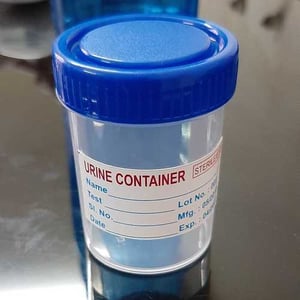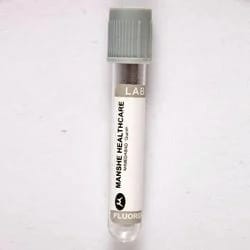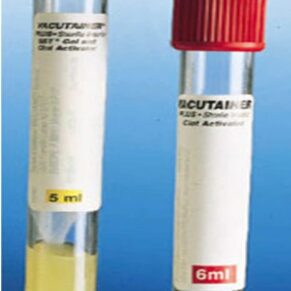- Your cart is empty
- Continue shopping
Shop
MAGNESIUM, 24 HRS URINE
MAGUMagnesium, 24 Hour, Urine
Reporting Name
Magnesium, 24 HR, U
Useful For
Assessing the cause of abnormal serum magnesium concentrations using a 24-hour urine collection
Determining whether nutritional magnesium loads are adequate
Calculating urinary calcium oxalate and calcium phosphate supersaturation and assessing kidney stone risk
Clinical Information
Magnesium, along with potassium, is a major intracellular cation. Magnesium is a cofactor of many enzyme systems. All adenosine triphosphate-dependent enzymatic reactions require magnesium as a cofactor. Approximately 70% of magnesium ions are stored in bone. The remainder are involved in intermediary metabolic processes; about 70% are present in free form, while the other 30% are bound to proteins (especially albumin), citrates, phosphate, and other complex formers. The serum magnesium level is kept constant within very narrow limits
Renal handling of magnesium is determined by the combination of filtration and reabsorption. Roughly 70% of the magnesium in plasma is filtered by the glomeruli; 20% to 30% of the filtered magnesium is reabsorbed in the proximal tubule, while less than 5% is reabsorbed in the distal tubule and collecting duct.(1)
Numerous causes of renal magnesium wasting have been identified including (but not limited to) congenital defects (including Barter and Gitelman syndrome), various endocrine disorders (including hyperaldosteronism and hyperparathyroidism), exposure to certain drugs (ie, diuretics, cis-platinum, aminoglycoside antibiotics, calcineurin inhibitors), and other miscellaneous causes (including chronic alcohol abuse). Gastrointestinal conditions associated with fat malabsorption and chronic diarrhea can cause fecal magnesium loss and hypomagnesemia. High levels of plasma magnesium are typically only seen in patients with decreased renal function, after administration of a magnesium load large enough to exceed the kidneys’ ability to excrete it, or a combination of the 2.(2)
Magnesium is an inhibitor of calcium crystal growth and contributes to urinary calcium oxalate and calcium phosphate supersaturation. However, low urinary magnesium in isolation has not been identified as a common cause of kidney stones, nor has magnesium supplementation been proven as an effective therapy for stone






Customer reviews
Reviews
There are no reviews yet.
Write a customer review